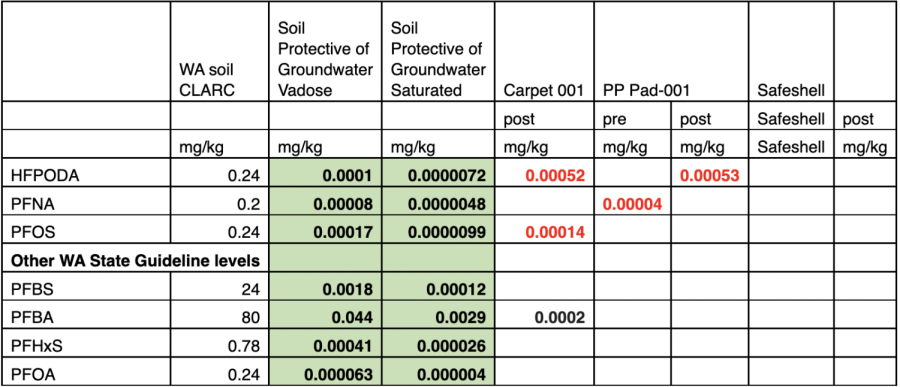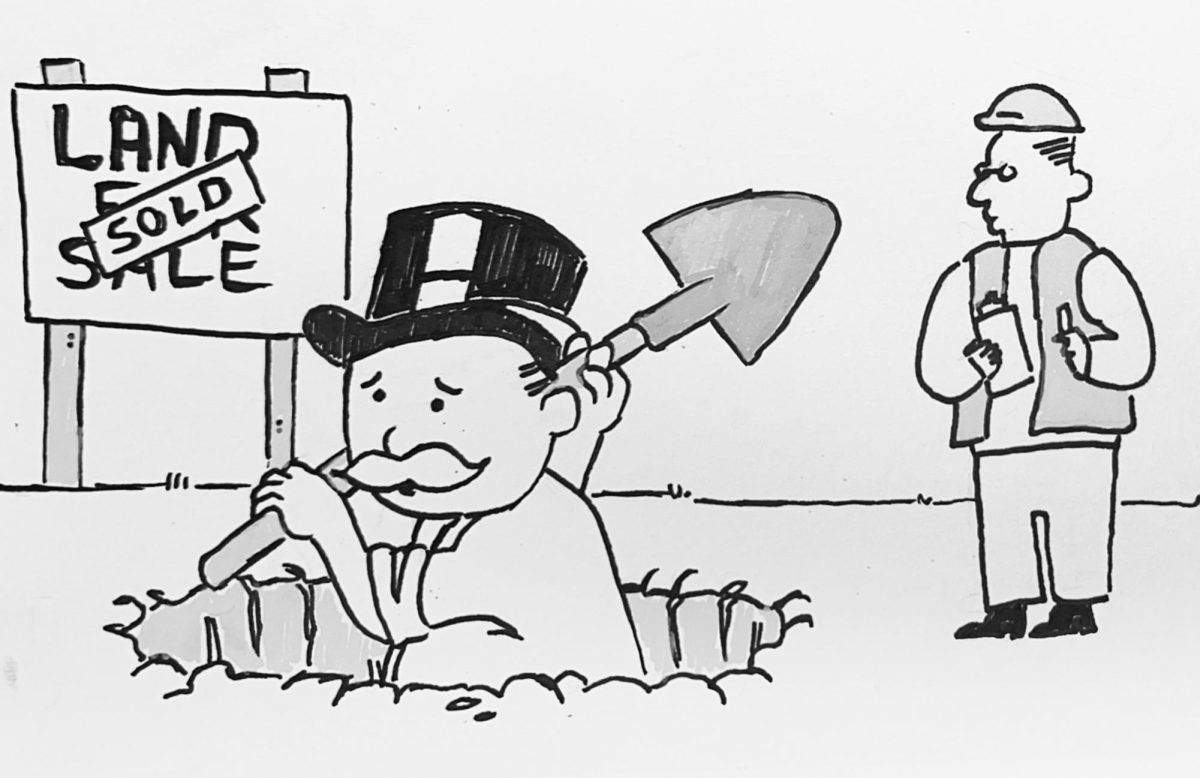This column was contributed by Sophie Davis ’12

Aldo Leopold, considered the father of the national forest wilderness system, whose book, The Sand County Almanac, and other essays have inspired generations of conservationists and naturalists, once wrote, “A thing is right when it tends to preserve the integrity, stability, and beauty of the biotic community.” His literary works are steeped in prose that reconciles the modern scientific episteme and moral propriety. He warns against the impulse embedded within scientific inquiry to dissect, scrutinize and abstract elements of the natural world, neglecting their greater ecological context. The danger with this outlook is that ecosystems become closed systems compiled of interchangeable parts that can be manipulated, cultivated and fragmented. Living organisms are viewed in situand become static units that can be known without being understood.
To resist this tendency, to know a thing not as a discrete, quantifiable entity, but as a collection of processes assembled within a body, interacting in time and space, with landscape and biota, this is the work of a naturalist. Early naturalists were collectors of specimens and purveyors of nomenclature. But the occupation has evolved and now addresses the histories, biological laws and symbioses that govern the natural world. The contemporary naturalist views the world through a lens that magnifies subtle connections and emphasizes the moral imperative to defend the beautiful chaos of an ecosystem. As a citizen, the modern naturalist is an individual who carves a place between nature and human society, an emissary for community and a political activist who carries the moral indignation that so often accompanies social progress. Above all, he or she relies on empirical study and firsthand encounters to take apart the pieces of a puzzle and then know why, and not just how, they fit back together.
But what does this have to do with the event that we are commemorating? And what does this have to do with Whitman College? Everything, I would argue. For it is precisely this challenge, to view the world through the field lens of a naturalist, that our liberal arts education has uniquely prepared each of us to confront. We have been taught how to tease apart convoluted and contentious issues while buoying our analysis with a liberal base of knowledge. Our education at Whitman has been a study of ecosystems––political, economic, social, aesthetic and scientific in nature. Indeed, the word, “ecology,” derives from the Greek root “oikos,” meaning “household” or “place to live.” As the term suggests, over the past four years, we have been instructed on how to study the place where we live; we have learned how to identify, among others, the philosophy and sociology behind integrity, the politics and economics behind stability, and the art and theatrics behind the beauty of the human community.
In the words of one of Aldo Leopold’s successors, Barry Lopez, “perhaps the issue is not whether one has the authority to claim to be a naturalist, but whether those who see themselves as naturalists believe they have the authority to help shape the world.”
My hope for each of us seniors is this: that we would carry with us our liberal arts education and develop the insight to acknowledge the limitations and fallibility of human action; the wisdom to put compassion and charity on equal footing with power; but above all, the ambition to muddy our hands with the dirt of our household––the clutter of our human communities––to remove the wedge that intolerance and self-righteousness create and form a space between ethics, civics and social progress.










